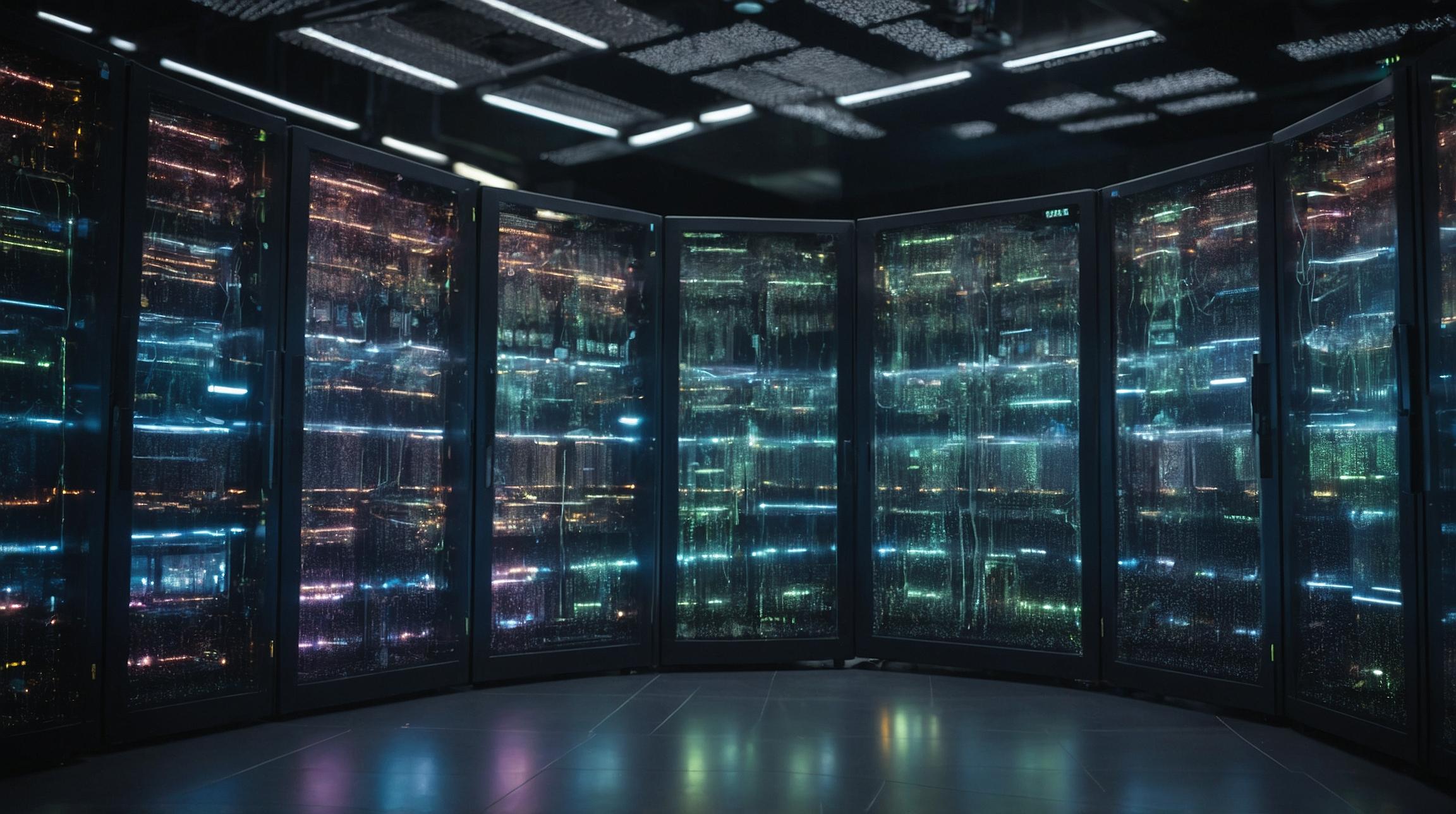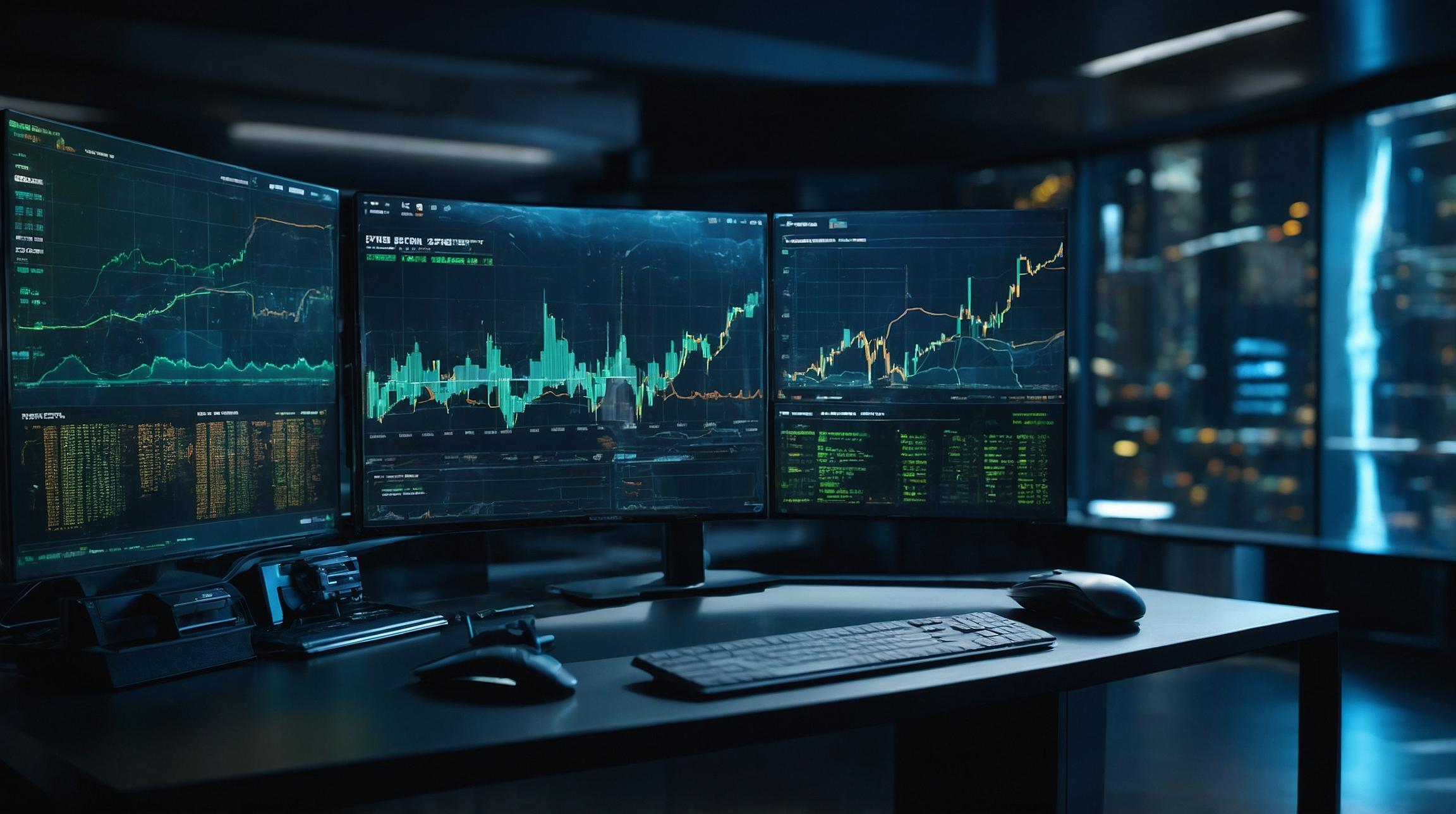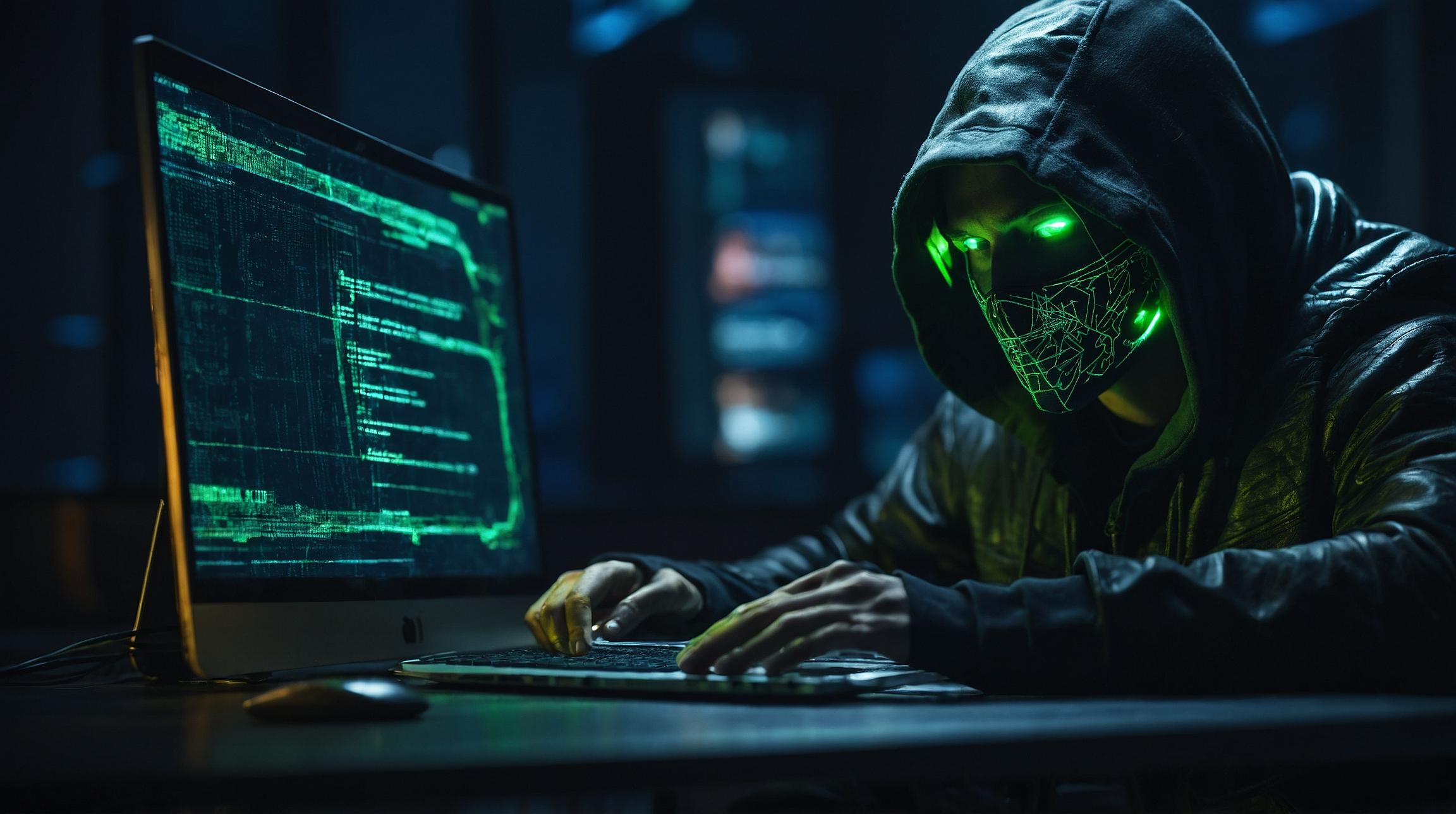Understanding the Kernel and Its Importance
A kernel is the core part of an operating system where highly privileged, protected instructions reside. This is the brain of the computer that controls everything. For example, it decides which program gets to use the computer's memory and for how long. Think of it as a very strict manager at work who oversees all tasks to ensure smooth operation.
The July 19 Incident
On July 19, computers worldwide suffered from what we tech nerds call the "blue screen of death" (BSOD) due to an update pushed by CrowdStrike, a leading cybersecurity firm. This incident rendered many computers unusable, causing significant downtime and economic losses.
Why Kernel Access Matters for Security
Some experts suggested that Microsoft should restrict security vendors like CrowdStrike from accessing the Windows kernel. However, this would be a mistake. Kernel access allows security software to monitor the system closely and detect harmful activities, like a burglar alarm in your house that can sense intrusions and alert you immediately. Without this access, it would be much harder to detect and prevent cyberattacks.
The Risks of Removing Kernel Access
Removing kernel access might seem like a quick fix but would make systems less secure. Attackers are always finding new ways to exploit systems. If security vendors cannot access the kernel, they can't protect the system effectively. It's like asking a security guard to protect a building but not giving them the keys to all the doors.
The Real Solution: Quality and Culture
The real issue is not kernel access but the quality of the software and the culture within cybersecurity firms. Companies need to focus on excellent quality assurance, well-designed architectures, and robust rollout procedures. This will ensure that updates do not cause widespread issues.
Conclusion
It's crucial to maintain kernel access for security vendors like CrowdStrike to keep our systems safe. Removing this access would weaken our defenses against cyber threats. Instead, the focus should be on improving software quality and company cultures to prevent such incidents in the future.













